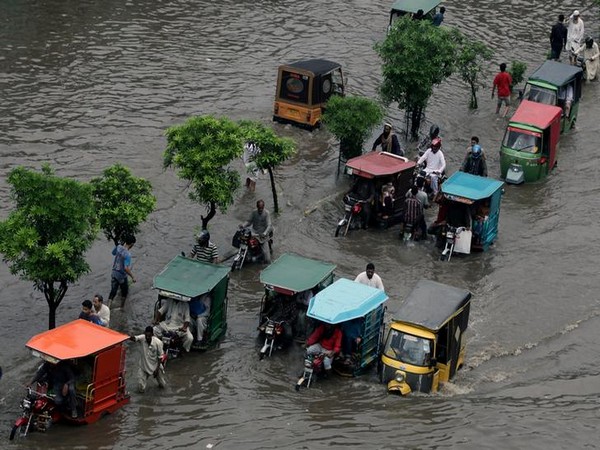Amnesty Condemns Government Inaction Amid Sindh Flood Crisis
Amnesty International highlights the plight of Sindhi flood victims, criticizing Pakistan's government for inadequate response. Thousands remain displaced, facing health risks, amid the lack of essential services. Amnesty urges prompt global action to combat climate impacts, as communities struggle to recover from severe flooding and widespread diseases.

- Country:
- Pakistan
Amnesty International has issued a strong condemnation of the Pakistani government's response to the severe flooding that has devastated the Sindh region, leaving thousands suffering and displaced. In their latest statement, the rights group highlighted the plight of over 140,000 individuals uprooted from their homes as a result of the flooding in August 2024. Many of these victims are now resorting to living in tents, grappling with ongoing health risks and lost livelihoods, compounded by minimal international or governmental assistance.
With stagnant floodwater fostering a breeding ground for water-borne diseases, the most vulnerable—older adults, children, and pregnant women—face severe health threats. Amnesty International criticized the Sindh government's failure to provide basic services, such as healthcare, food, and housing, labeling it a violation of the economic, social, and cultural rights as agreed by international human rights conventions, ratified by Pakistan.
Scott Edwards, Crisis Response Programme Director at Amnesty International, was vocal in his criticism of both local and global responses. "Tens of thousands of people have been abandoned by the Sindh government and the international community," he declared. Edwards further stressed the urgency of addressing climate change and its humanitarian impacts, highlighting that "lives are being lost today to global inaction and inadequate humanitarian response." Meanwhile, firsthand accounts of tragedy continue to surface, including the heart-wrenching story of Shazia Chandio, who lost her son to diarrhoea during the floods, vividly illustrating the dire circumstances faced by those unable to relocate to safer areas.
(With inputs from agencies.)










